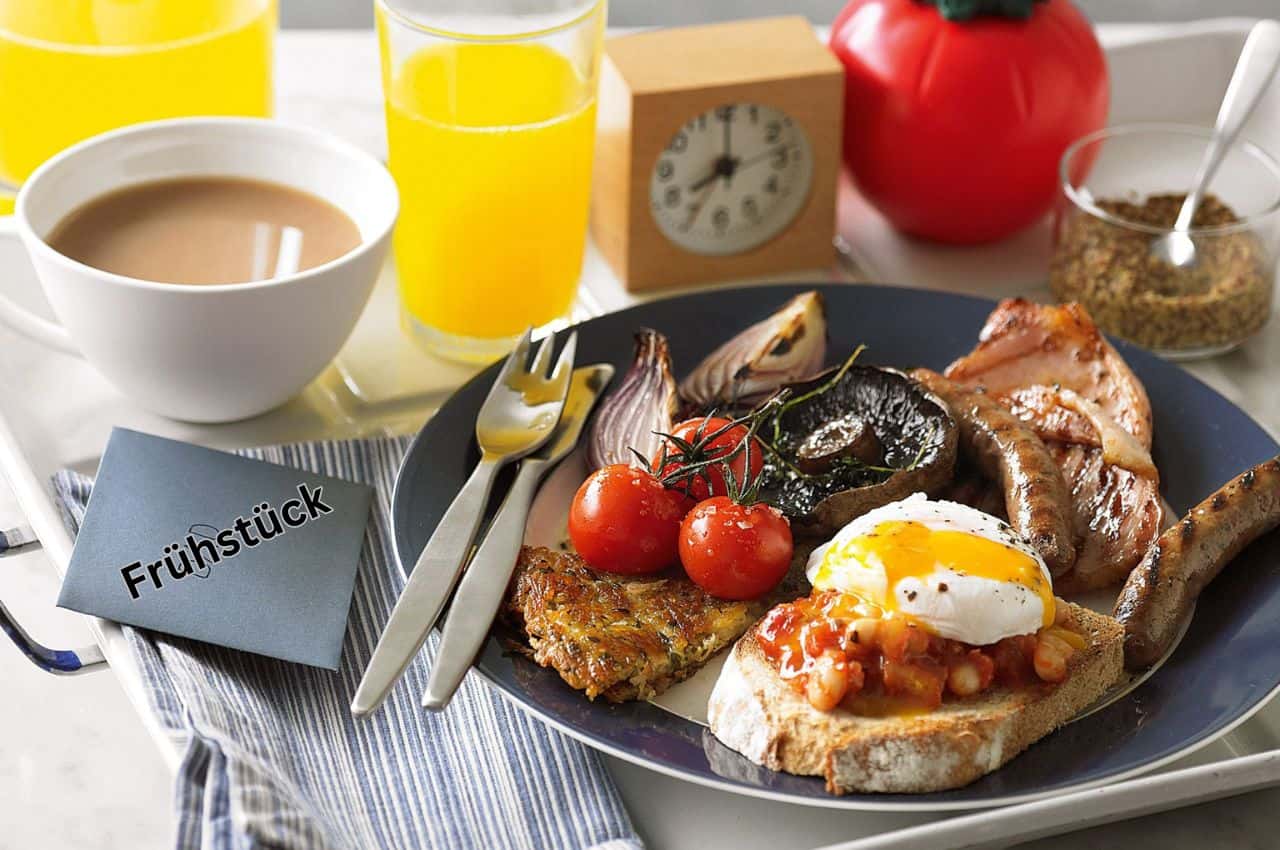Contents
Introduction
In Germany, breakfast, or “Frühstück,” is more than just the day’s first meal. It is a cultural institution deeply ingrained in the social fabric and offers a glimpse into the German way of life. From the bustling cafés of Berlin to the serene breakfast tables in Bavarian homes, Frühstück is celebrated with diversity and devotion.
This article will explore the historical roots, regional differences, and evolving nature of breakfast in Germany, highlighting its significance beyond mere nourishment.
The Historical Roots of German Frühstück
Medieval Beginnings
The history of Frühstück dates back to medieval Germany when it was primarily a meal for peasants before they headed out to the fields. Typically hearty, it consisted of bread, cheese, and beer. Over time, as societal structures evolved and the middle class emerged, breakfast became more diversified and accessible to all layers of society.
Influence of the 19th Century
The 19th century saw a lot of developments brought about by the Industrial Revolution. People started having breakfast in the early hours before going to factories. The meal became less about social class and more about practicality and nourishment to start a hard day’s work.
Traditional Components of a German Breakfast
Breads and Brötchen
No German breakfast is complete without a selection of bread. From dense rye bread to light wheat rolls (Brötchen), these are often sourced from local bakeries known for their age-old baking traditions.
Meats and Cheeses
Cold cuts and sausages such as Salami, Schinken (ham), and Leberwurst (liver sausage) are staples. Cheeses vary from mild to sharp, encompassing a variety that reflects Germany’s regional dairy productions.
Eggs and Spreads
Boiled eggs are standard, typically served in quaint egg cups. Spreads include a variety of jams, honey, and Nutella, with butter as an essential base.
Beverages
Coffee dominates the breakfast table, though tea and fresh juices like orange and apple are also popular. This reflects a blend of tradition and modern preferences.
Regional Variations of Frühstück
Northern Germany
The coastal areas influence breakfast choices, with fish such as smoked herring or salmon included. Darker breads made from whole grains are preferred.
Southern Germany
In regions like Bavaria, breakfast can be more robust, including Weißwurst (white sausage) and Pretzels served with sweet mustard, reflecting the hearty culinary traditions.
Eastern Germany
Historically influenced by economic conditions under the GDR, the breakfast in the East might lean towards simplicity but is now evolving, incorporating more variety as economic conditions improve.
Western Germany
The Rhine region often sees influences from neighboring France and Belgium, with a noticeable presence of pastries and finer cheeses at the breakfast table.
Modern Influences and Trends
Health Trends
There has been a significant shift recently towards health-conscious eating. Organic products, whole grains, and superfoods like chia seeds and goji berries are entering the German breakfast.
Globalization
The impact of globalization is evident with the introduction of international breakfast items like croissants, pancakes, and bagels, especially in urban areas.
Brunch Culture
Weekend brunch has become a fashionable trend in larger cities. It combines traditional German elements with international dishes, extending Frühstück into a more elaborate meal.
The Social Aspect of Frühstück
Family and Weekend Breakfasts
In Germany, breakfast transforms into a lengthy affair on weekends, often extending well into the afternoon. It’s a time for family and friends to gather and enjoy each other’s company without the rush of typical weekday mornings.
Breakfast Among Friends
Cafés are popular venues for breakfast meetings among friends, where people enjoy long conversations over shared meals. This social component is integral to the German Frühstück culture.
Conclusion
Frühstück is emblematic of Germany’s rich cultural tapestry, offering a palette of flavors deeply rooted in history yet adaptive to modern influences. As Germany continues to embrace new culinary trends and societal changes, the tradition of Frühstück remains a beloved ritual cherished across generations and regions.
It is a meal that not only satiates hunger but also warms the heart, strengthens bonds, and celebrates the diversity and unity of German culture.
Ethan Cole is a versatile writer at hsnime.co.uk, offering fresh perspectives and engaging content across various topics. With a passion for creativity and knowledge, Ethan aims to provide insightful articles that resonate with a diverse audience.










